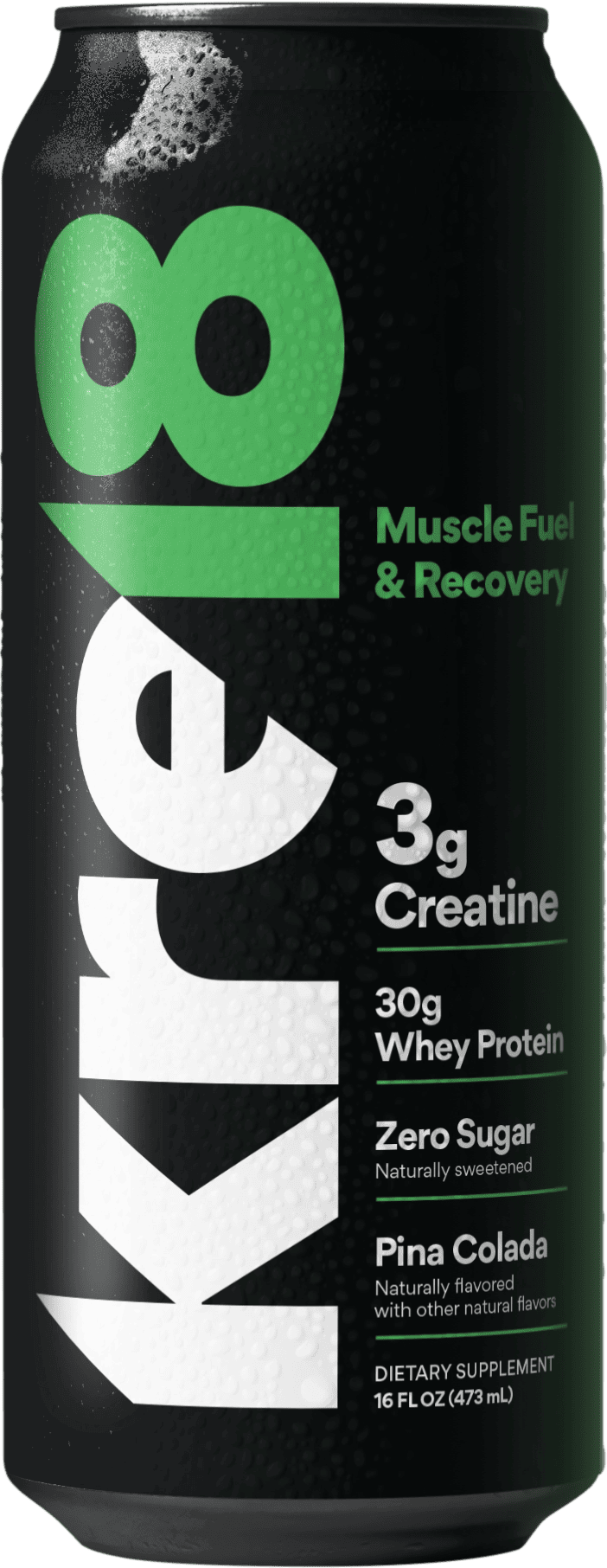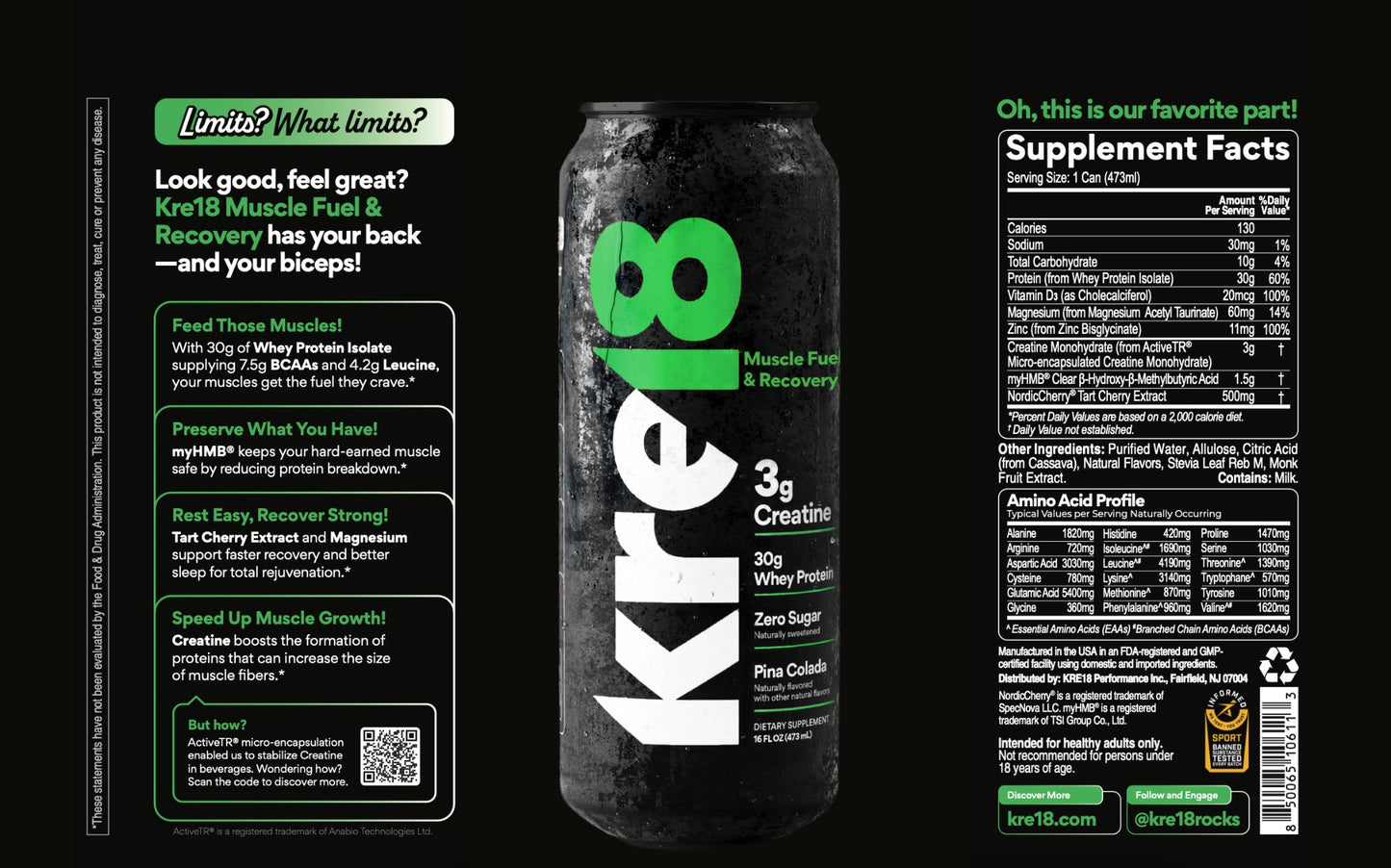When you include leucine regularly in your diet or supplement regimen, you’ll notice that your muscles recover more quickly after workouts because protein synthesis is ramped up and repair processes happen faster. Over time, this can translate into greater gains in lean mass and noticeable strength improvements during resistance training, since less muscle is broken down and more is built anew. You may also experience less soreness and damage from intense exercise, thanks to leucine’s protective effect on muscle fibers. On top of that, leucine helps stabilize your blood sugar by nudging insulin release, and during long or hard training sessions it can even serve as a backup energy source, helping you power through when other fuels run low .
Extensive research underpins these benefits. The World Health Organization has set a baseline recommendation of 39 mg of leucine per kilogram of body weight per day to support normal protein metabolism and overall health . At the molecular level, studies have shown that the protein Sestrin2 directly senses leucine and activates mTORC1, the master switch for muscle growth . In human trials, taking leucine‑rich amino acid blends immediately after resistance exercise produced significantly higher mTORC1 phosphorylation—and therefore greater protein synthesis—than formulas lacking extra leucine . Finally, even when consumed at very high levels (up to about 500 mg/kg/day), leucine remains within safe limits, demonstrating a wide margin for effective dosing without adverse effects.















